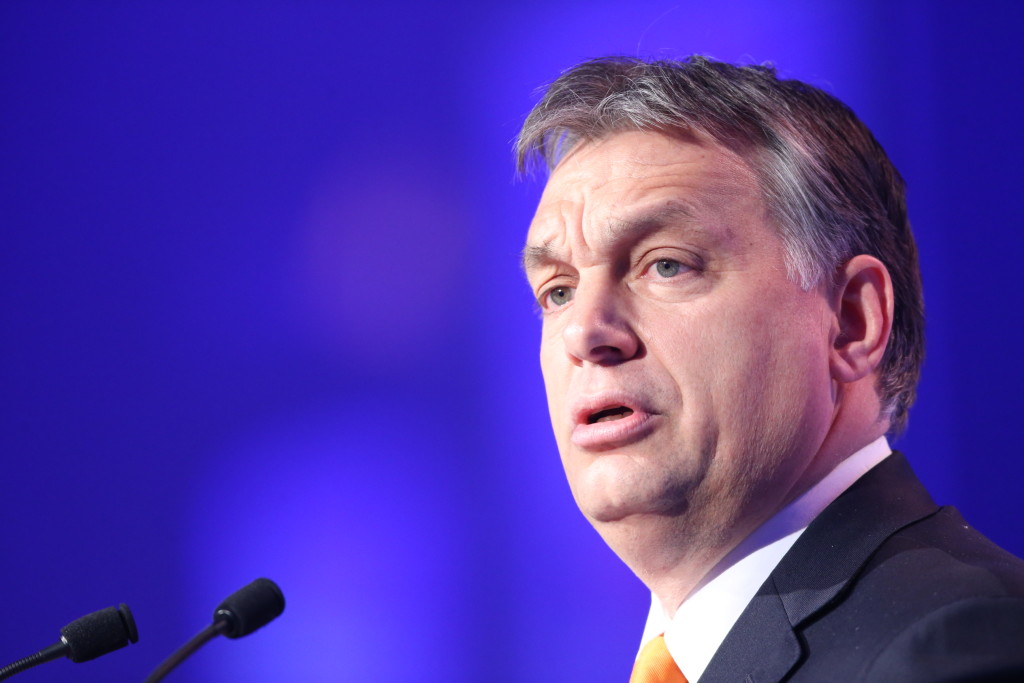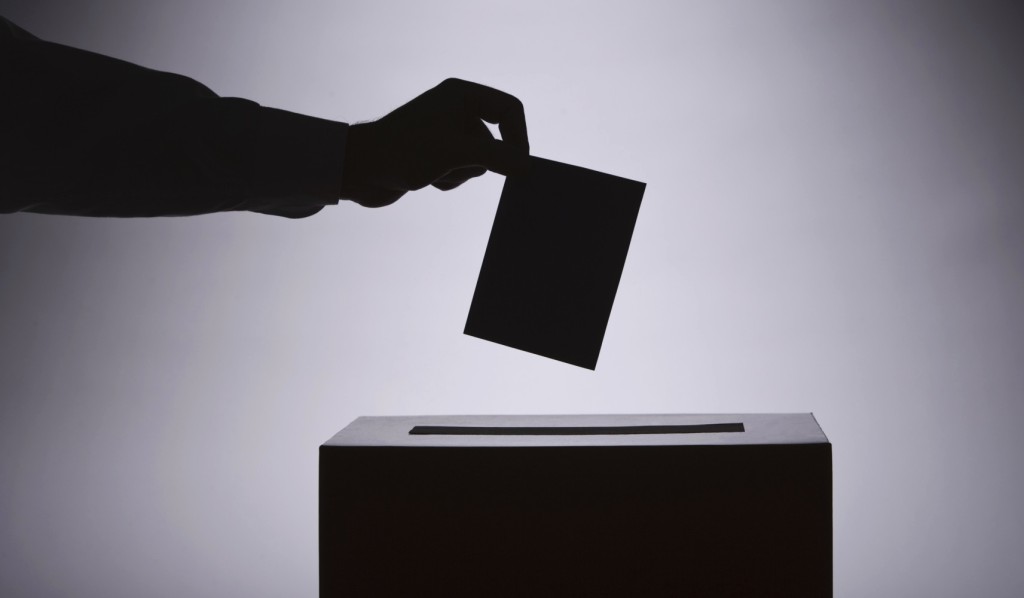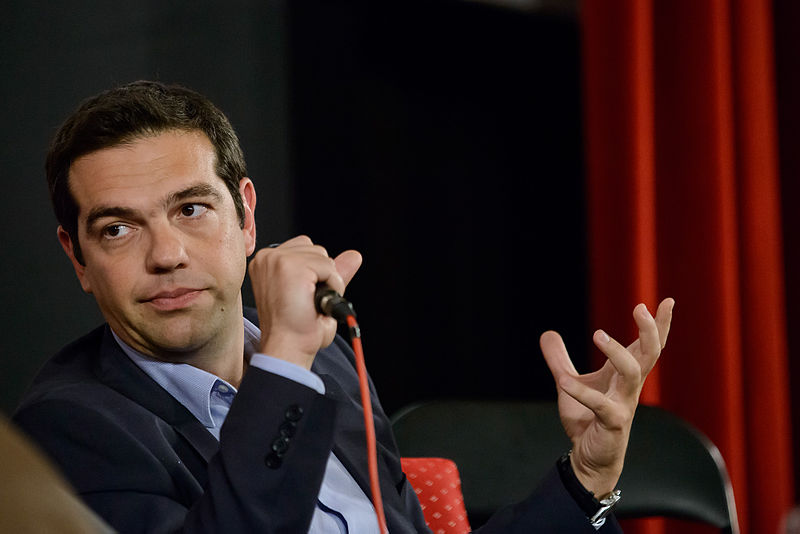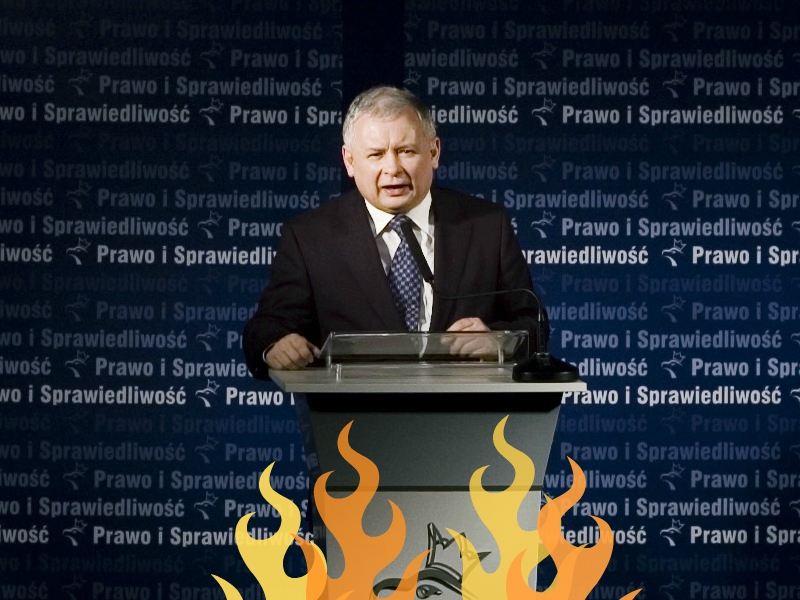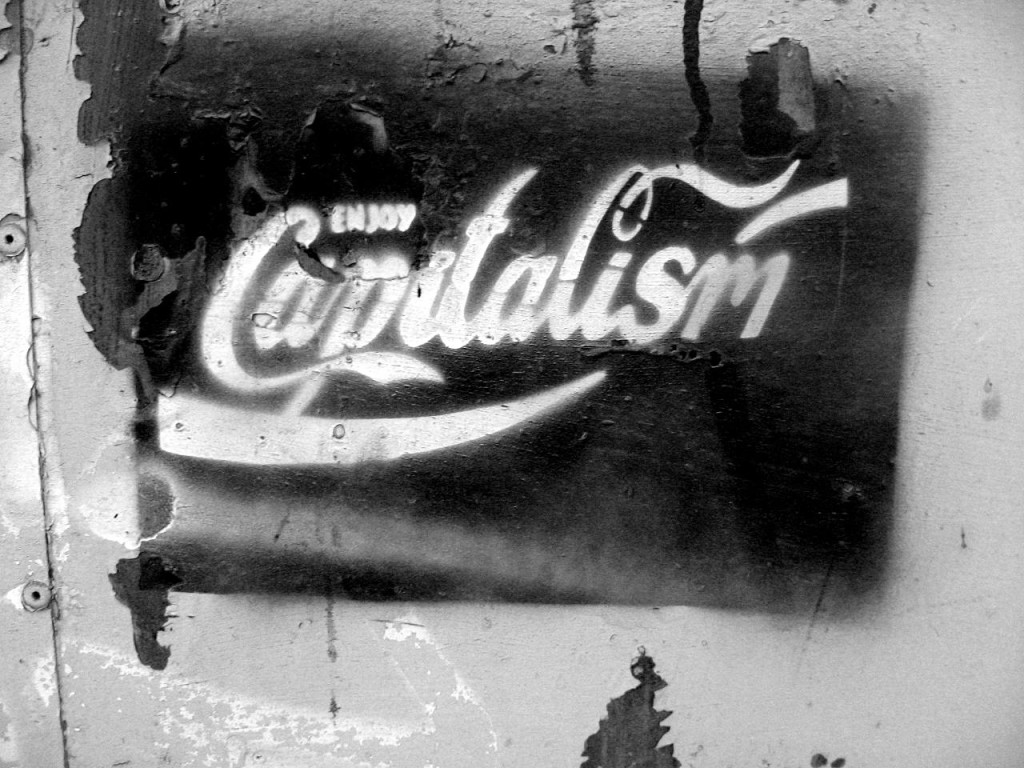
Promoting Virtue
BY
Mark A. Zupan / November 17, 2015
In considering the extent to which the state should be relied upon to promote social cohesion and virtue, one must keep in mind the potential associated pitfalls as well as the other possible means to accomplish the same desired ends.




